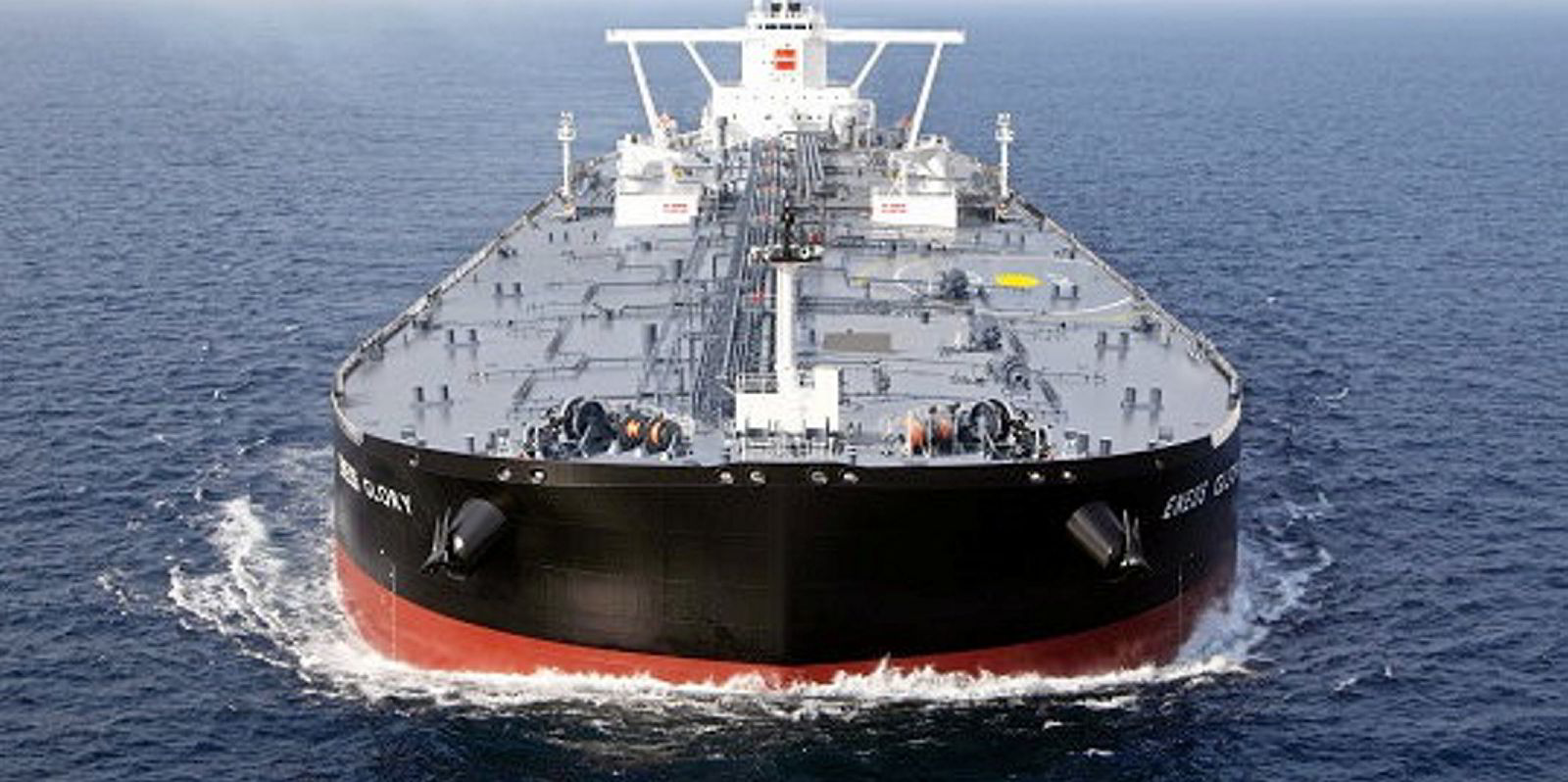Japanese oil company and shipowner Eneos will begin producing and shipping the green hydrogen carrier methylcyclohexane (MCH) from Australia next month.
The company has built a demonstration plant in Brisbane to produce the fuel using its own low-cost technique involving electrochemical synthesis of organic hydride.
The opening ceremony was held on Monday and the plant will begin operation in February.
Eneos has worked to scale up electrolysers to mass-produce MCH derived from renewable energy, it said.
The 150 KW medium-sized electrolyser consists of stacked electrodes with a surface area of 3m2.
Fuel will be produced via a 250 KW solar power system in Queensland.
During the demonstration period up to September, Eneos will produce MCH equivalent to two to three tonnes of hydrogen for between 400 and 600 fuel cell vehicles (FCVs).
This will be carried to Japan on tankers, where hydrogen will be extracted from the MCH.
The plan is to use the knowledge gained from the plant to develop a large 5 MW electrolyser more than five times the size of the prototype.
Commercialisation is targeted by 2025.
“Eneos will work to develop production technology for stable and cost-competitive CO2-free hydrogen in Australia, a country with excellent potential for green hydrogen production due to its favourable climate conditions, including wind and sunlight, and expansive land, in anticipation of a hydrogen-oriented society toward decarbonisation,” the group said.
One-step reaction
The electrochemical synthesis of organic hydride uses water and toluene derived from renewable energy and other sources of electricity to produce MCH in a one-step reaction.
Eneos' fleet consists of VLCCs, aframaxes and product tankers, plus LPG vessels and bulkers.
Dutch terminals group Vopak is also hoping to ship a hydrogen carrier on existing vessels.
The company has teamed up with Hydrogenious LOHC Technologies to set up a hydrogen transport chain using fossil fuel infrastructure.
The new equally-owned German joint venture, LOHC Logistix, will store and ship the green fuel using liquid organic hydrogen carrier (LOHC) technology.





